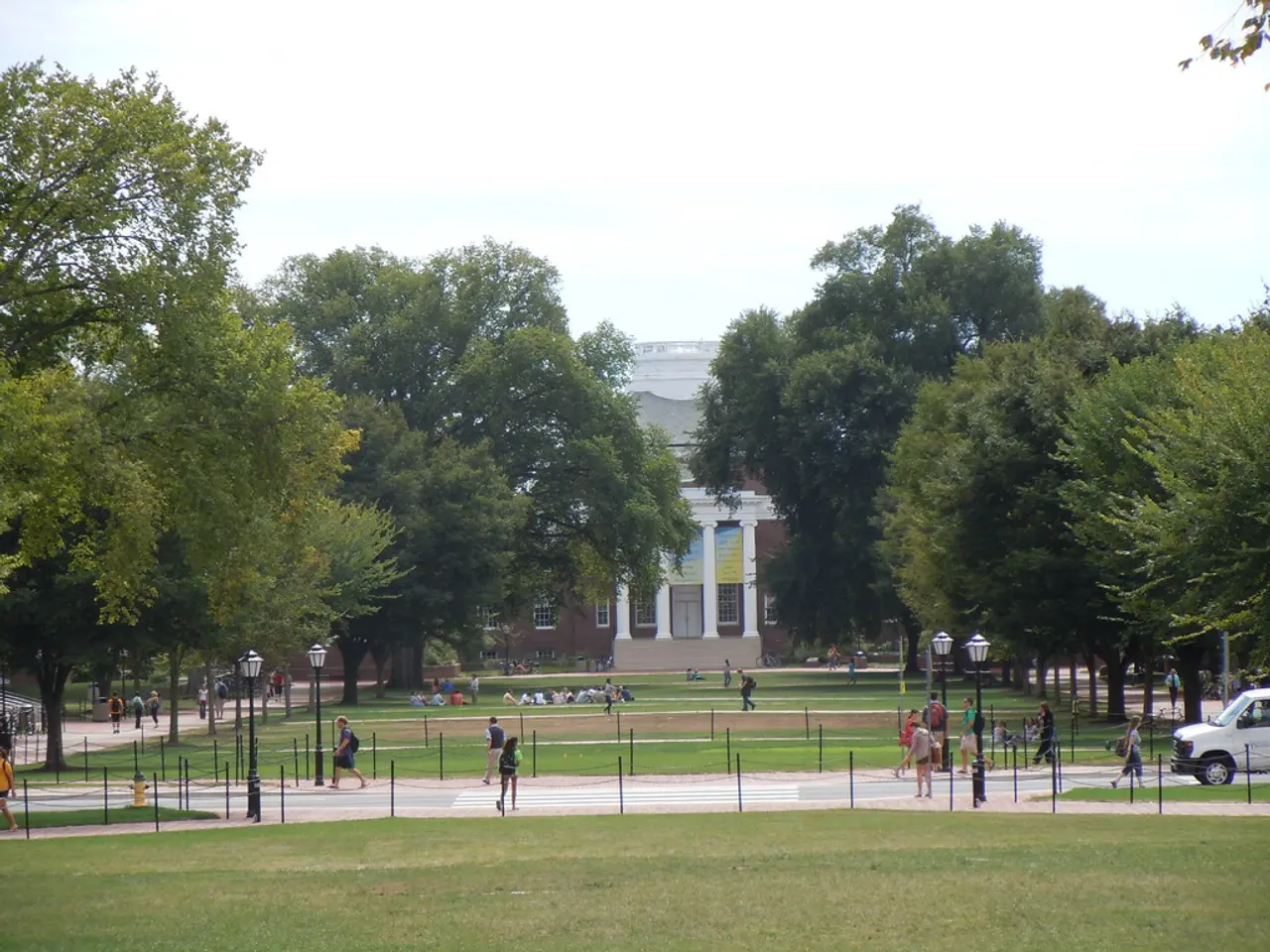Elite universities thwarting instead of igniting your aspirations?
Attending an elite university can be a coveted achievement, but it comes with its fair share of challenges and potential drawbacks. From financial burdens to social pressures, and issues related to equity and inclusion, it's essential to understand the whole picture before embarking on this educational journey.
Financial Burdens and Debt
The cost of attending an elite university is often high, leading to substantial student loan debt that can exceed the long-term value of the degree for some students. In the United States, for instance, the average student loan debt in 2023 was approximately $38,375, and the total cost of a four-year degree can surpass half a million dollars when accounting for interest and lost income during studies [2][4].
Recent policies such as increased taxation on university endowments may reduce financial aid and academic enrichment programs available to students from modest backgrounds, potentially making attendance more financially burdensome and less accessible [1][4].
Social and Psychological Pressures
Elite universities can present significant social and psychological pressures. The competitive atmosphere may affect mental health and create high expectations that can be stressful to manage. Furthermore, elite institutions often have geographic and lifestyle restrictions, requiring full-time, on-campus presence which may be challenging for non-traditional students or those preferring to live at home [2].
Equity and Inclusion
Despite their reputation for inclusivity, elite universities may still harbor institutional inequities experienced by minority or disadvantaged students and staff. These challenges can limit the access and success of certain groups, despite the resources and opportunities offered by these institutions [3].
Students who do not fit into the mold of the typical elite university student may feel isolated and marginalized. The elitism and exclusivity of elite universities can create a toxic culture that perpetuates inequality and fosters a sense of entitlement among students.
In sum, while elite universities offer substantial benefits, potential negative consequences include steep financial costs and debt, reduced financial aid accessibility for less wealthy students, social and psychological pressures, and ongoing challenges related to equity and inclusion [1][2][3][4]. It's crucial for prospective students to consider these factors carefully when deciding on their educational path.
The substantial financial costs and potential debt associated with attending an elite university can be daunting, often surpassing the long-term value of the degree for some students. This may be exacerbated by recent policies that could limit financial aid and academic enrichment programs available to students from modest backgrounds, making attendance more difficult.
Moreover, the competitive atmosphere and high expectations at elite universities can lead to social and psychological pressures, potentially affecting mental health. Additionally, issues related to equity and inclusion persist, creating barriers for minority or disadvantaged students and staff, thereby limiting access and success for certain groups.




